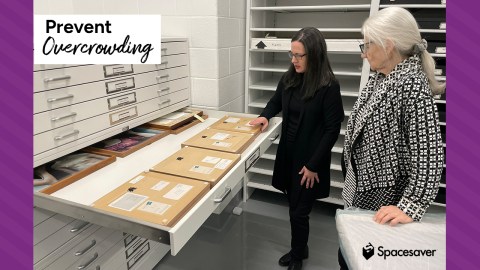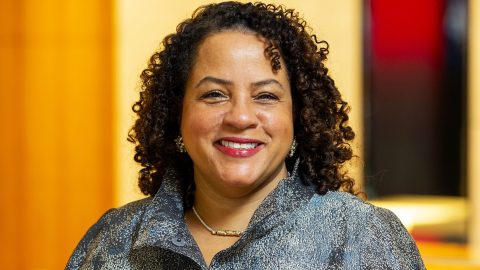Monday Musings is an occasional series of posts in which I challenge myself to spend 15 minutes or so sharing my thoughts on something I have read in the news, and the story’s potential implications.
This article from the Nonprofit Quarterly caught my eye last Friday as it scrolled across my Twitter stream:
Apparently an atheist group in Spartanburg, South Carolina, has repeatedly tried to volunteer at a local soup kitchen that serves the homeless. The soup kitchen’s executive director refused their help, saying that as the “organization did everything to glorify God, working with atheists was against their values.”
At some level this may be, as the writer suggests, a tempest in a teapot (though may I note the Teapot Museum was slated for North Carolina, not South). And it is certainly possible that Upstate Atheists were courting rejection for the sake of publicity (which they got).
But it made me think, especially when take in conjunction with two other trends.
- The increasing polarization of the US around religion, faith and related social/political issues
- The rise of the unpaid internship as a prerequisite for employment. (The recent legal crackdown on unpaid internships in for-profit settings doesn’t affect nonprofit labor, though people are starting to question whether unpaid internships are a moral issue for nonprofits.)
Volunteers are, as far as I can tell, exempt from non-discrimination laws governing employment. But just because something is legal doesn’t mean it is ethical, nor does it mean it is wise. If nonprofits screen volunteers to ensure their beliefs are in accord with the organization’s beliefs, is this simply common sense? Or does it contribute to the erosion of civil (and civic) discourse in the US, deepening our divisions?
And if young people are disadvantaged by not having internships on their resume, do barriers to volunteering with nonprofit organizations (religious or scientific) become barriers to employment?
So I am wondering whether it is time to rethink the legal and ethical status of volunteers in the US. Maybe volunteering is too important a part of our economy and our culture to exempt it from the protections afforded to paid employees.
What do you think?








